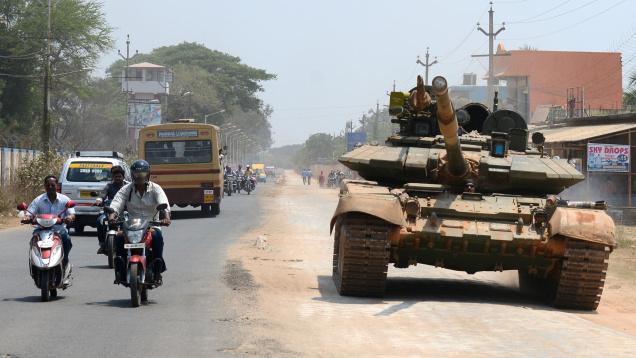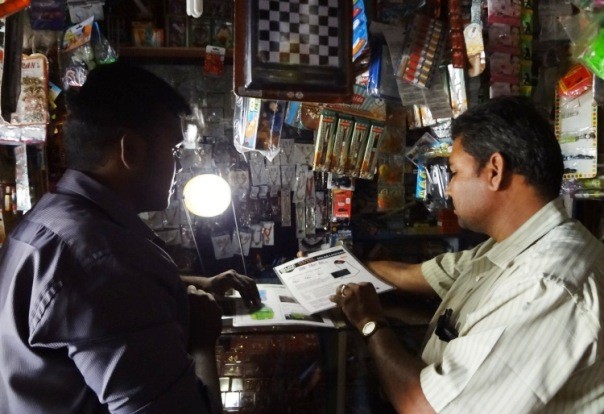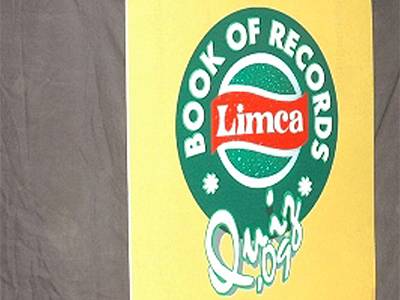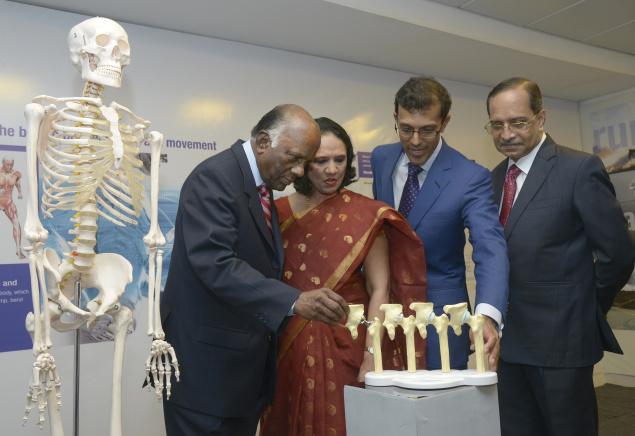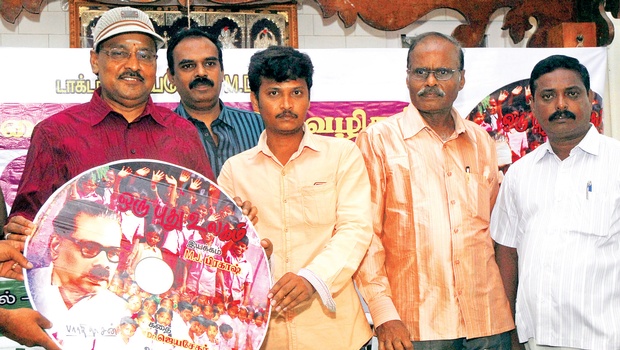“If I get support from educational institutions and the government, I will be glad to develop a kit for every district in the State to rescue children who fall into deep borewells,” said 43-year-old M Manikandan, a technical faculty at the TVS Community College in Madurai, who along with his team, had rescued a child that had fallen into a borewell in Sankarankoil recently.
On Tuesday, the VIT university invited Manikandan and his team to honour them for having developed the mechanical kit ‘rescue robot’ and rendering their service in this regard free of cost. They also received a cash award of `25,000 each as part of the VIT University Day celebrations.
Demonstrating the kit, Manikandan said he had been working for the past 12 years on the problem of rescuing children who had fallen into deep borewells. “Every time I hear of children falling into borewells and they could not be rescued, I felt bad and I wanted to do something to help them,” he said. This had prompted him to develop a nine-foot mechanical ‘arm’ that could be spread apart and closed using a two-directional threaded shaft, fitted with a cycle freewheel and a chain that could be inserted into the well. In 2006, he made modifications with an air piston arrangement, that could be stretched, replacing the first version. The piston unit had received the Lemelson Recognition and Mentoring Program (L-RAMP) Award of Excellence from the IIT-Madras. The talk show ‘Visuvin Arattai Arangam’ beamed on a TV channel had also given a cash award of `30,000 for this innovation. Manikandan and his team members M Thirunavukarasu (a colleague in the college), M Vallarasu (a technical support), P Rajkumar a volunteer) have so far been involved in the rescue operations of six children but could save only one child in Sankarankoil.
The team is presently working on adding a vacuum cleaner to suck the soil-fill from the interior of the well to prevent the child from choking in the well. The VIT has volunteered to help the team in this regard, he added. Manikandan wants to donate the rescue robot to the Fire Department and train the firemen too.
source: http://www.newindianexpress.com / The New Indian Express / Home> States> Tamil Nadu / by V. NarayanaMurthi – Vellore / April 23rd, 2014
